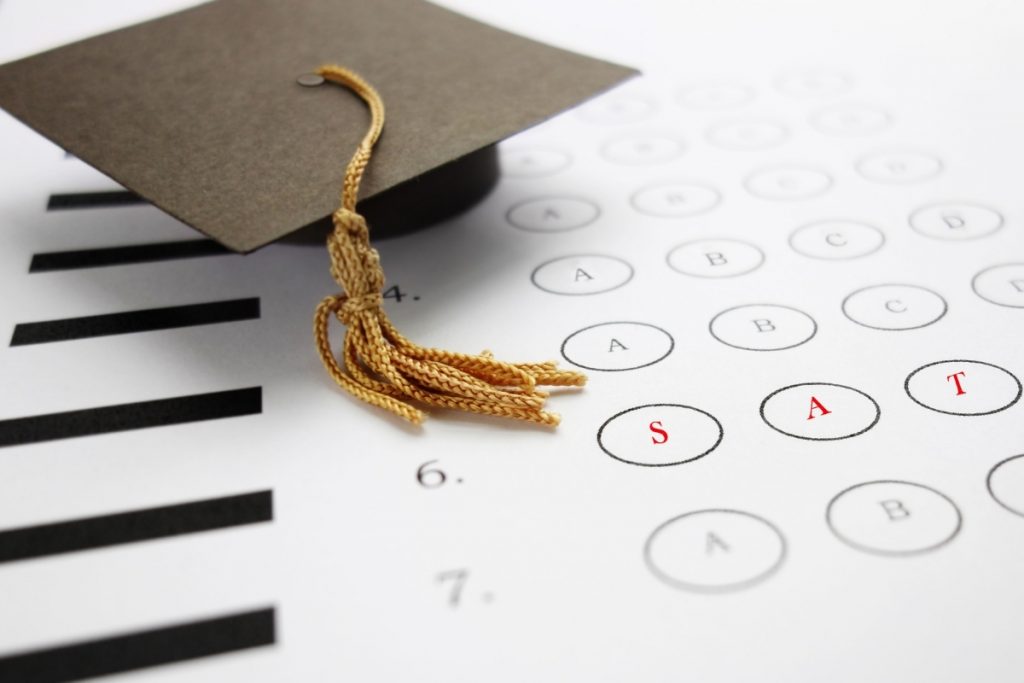Did you just look at your calendar and realize how much of 2020 has slipped away? (We know, keeping track of time is hard right now.) Did you realize that many big desirable schools have deadlines coming up? Penn State, for instance, recommends students submit their applications by December 1st. Rutgers University has a deadline on the same date. While NYU and USC have more generous deadlines of March 15th and January 15th respectively, you have less than two months for UCLA, which requires its applications to submit by November 30th!
Firstly, don’t panic. FLS Tutors is here to help. Secondly, keep that planner nearby, because we’re going to plan out the best way to maximize your time and improve your college application as much as possible.
1. Check Your School Deadlines

Look up the schools you want to apply for and carefully read. Some schools have recommended or mandatory deadlines in advance of their final deadline if you want to study a particular major or on a particular campus. Some schools have one deadline for your application and another deadline for your credentials, such as a transcript or SAT/ACT score.
2. Check Your Standardized Test Dates

Go to the websites for whatever standardized test your school requires. In the 2020 application season, you may see that many schools have chosen a test-optional application process, but don’t get excited yet! It’s important to remember that test-optional does not mean test blind. A good score will still stand out during the application process, and in fact, may stand out, even more, when other applicants have not submitted scores. Especially if you are crunched for time and looking for relatively quick ways to boost your admissions chances, these tests can be important.
When you look over those tests, remember that you are looking not just for the administration date, but the score release date—when scores are sent to colleges. For some tests, this can be up to a full month after your test date!
3. Take a Reality Check

With deadlines arriving within a few months, take careful stock of how you look as an applicant. While your grades may be difficult to shift at this point and it’s too late to build up a deep resume of extracurricular activities or a strong relationship with a teacher to write your letter of recommendation (though it might be worthwhile to think about who else knows you well in that case—a pastor, scout leader, or supervisor at your work can also provide a strong reference.)
However, there still are major improvements you can make within a limited period, namely your standardized test scores, your application, and your essay. Not sure how? Luckily for you, FLS Tutors can help with all of that!
4. Sign up and Prep for an ACT or SAT Exam
If you are able to fit in a new standardized test, especially if your previous score wasn’t excellent, this can be a great way to give yourself an edge. Take a practice test to identify your weak points and strengths, make a plan, and tackle strategies and your weak points first. Especially for a tight timeline, you may also want to consider a tutor to help you target your study appropriately.
5. Write and Revise (and revise again) Your Essay

Your essay, whether common app, coalition or an independent application, is one of the few moments where you get to speak directly to the admissions counselor and show the interesting, compelling student you really are. A shaky academic record can also be clarified by a well-drafted essay. Spend some time on this component—brainstorm, outline, complete a rough draft and a final draft. If you can, get friends and family to read your essay, or consider some professional editing.
6. Review Your Application Thoroughly

Much like a job application or a cover letter, your college application is not the place to have typos. Moreover, if you are missing a key portion of your college application, admissions counselors may not even look at it at all. Check and double-check each application before hitting submit. Brainstorm and revise any short answers.
BONUS: Demonstrate Interest
About 20% of colleges say that they give “considerable importance” to demonstrated interest, or the ways that an applicant signals their interest in actually attending. Colleges have dorms to fill without overfilling, which means they have to gauge who will actually attend if admitted. Admissions counselors prefer a sure bet over a student who might go to another university, so if you’re sure of your choice, show it! Open emails, reach out to admissions counselors and professors. If you are able to, visit a campus or attend an open house. Finally, the ultimate statement of interest if you’re able to make the commitment—apply Early Decision.
You know (and we know) that leaving your college applications to the last minute wasn’t the best decision you’ve ever made, but there’s still real significant improvement that you can make to your application with the time you have remaining. Reach out to us for help.




Permalink